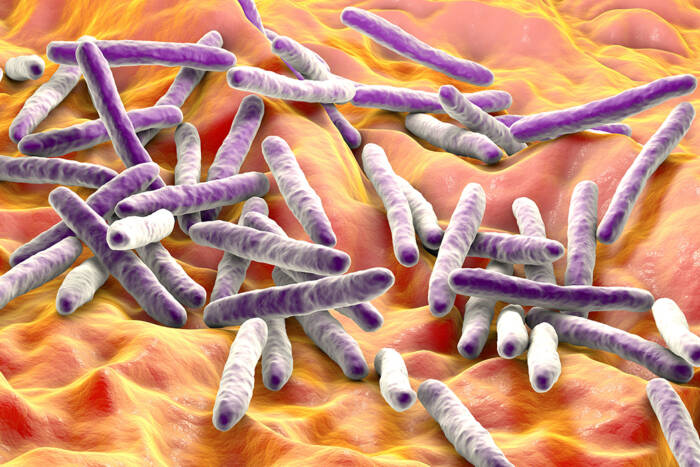Teaching awards honor de Lange and McKinney
by TALLEY HENNING BROWN
Among the sonorous festivities celebrating Rockefeller’s 28 newest alumni, the university honored two professors for their contributions to scientific education. At the Convocation Luncheon on June 20, President Paul Nurse bestowed the third annual Rockefeller University Distinguished Teaching Awards to Titia de Lange and John D. McKinney.
Established in 2005, the prize is awarded each year to one or two instructors for contributions that have had a significant impact on the university’s educational environment. Awardees, who are chosen by a committee made up of the university president and scientific vice presidents, receive a monetary prize and a plaque.
Dr. de Lange, Leon Hess Professor and head of the Laboratory of Cell Biology and Genetics, was one of the first scientists to isolate human telomeres, which protect the integrity of DNA during chromosome replication. She received bachelor’s, master’s and doctoral degrees from the University of Amsterdam. Following postdoctoral studies with Harold Varmus at the University of California, San Francisco, she came to Rockefeller as assistant professor in 1990. She was promoted to associate professor in 1994 and named full professor in 1997.
There was no course addressing cancer biology at Rockefeller before Dr. de Lange created one in the spring of 1999. Molecular Basis of Cancer, as the course is called, is designed to teach modern concepts in the regulation of growth control and its significance to cancer. The class is limited to 20 students, so that everyone can fully participate in the discussion periods that are central to the course’s format.
Dr. McKinney, who recently began a new professorship at the École Polytechnique Fédérale de Lausanne (EPFL) in Switzerland, was associate professor and head of Rockefeller’s Laboratory of Infection Biology. He received his Ph.D. from Rockefeller in 1994, and after a postdoc at the Albert Einstein College of Medicine, he returned to Rockefeller as assistant professor. He became associate professor in 2004. His research focuses on infectious disease, particularly on the tuberculosis bacterium, a leading cause of morbidity and mortality worldwide.
For the last several years, Dr. McKinney was the primary organizer of the Microbial Pathogenesis course, which he took over in the winter of 2001 from George Cross and Vincent Fischetti. The class, also taught by faculty of the Weill Medical College of Cornell University, focuses on the host-pathogen interactions and pathogenesis of bacterial, fungal and protozoan diseases.


